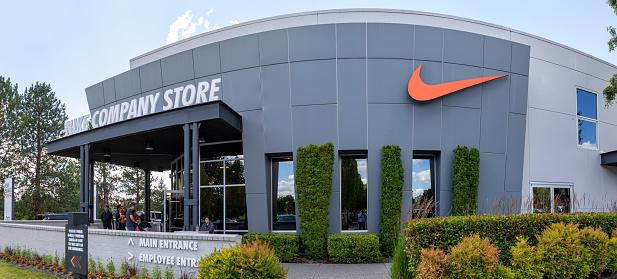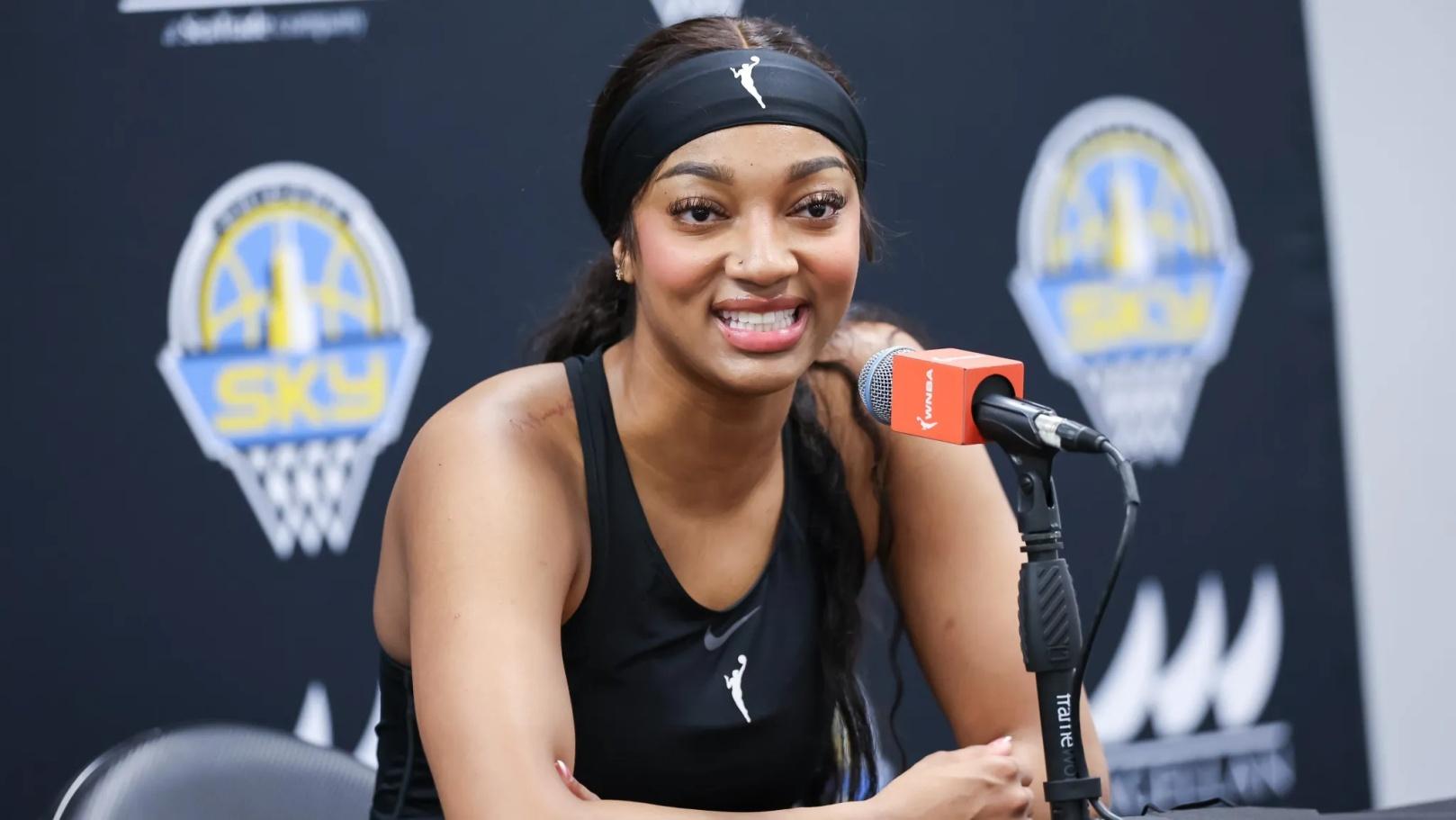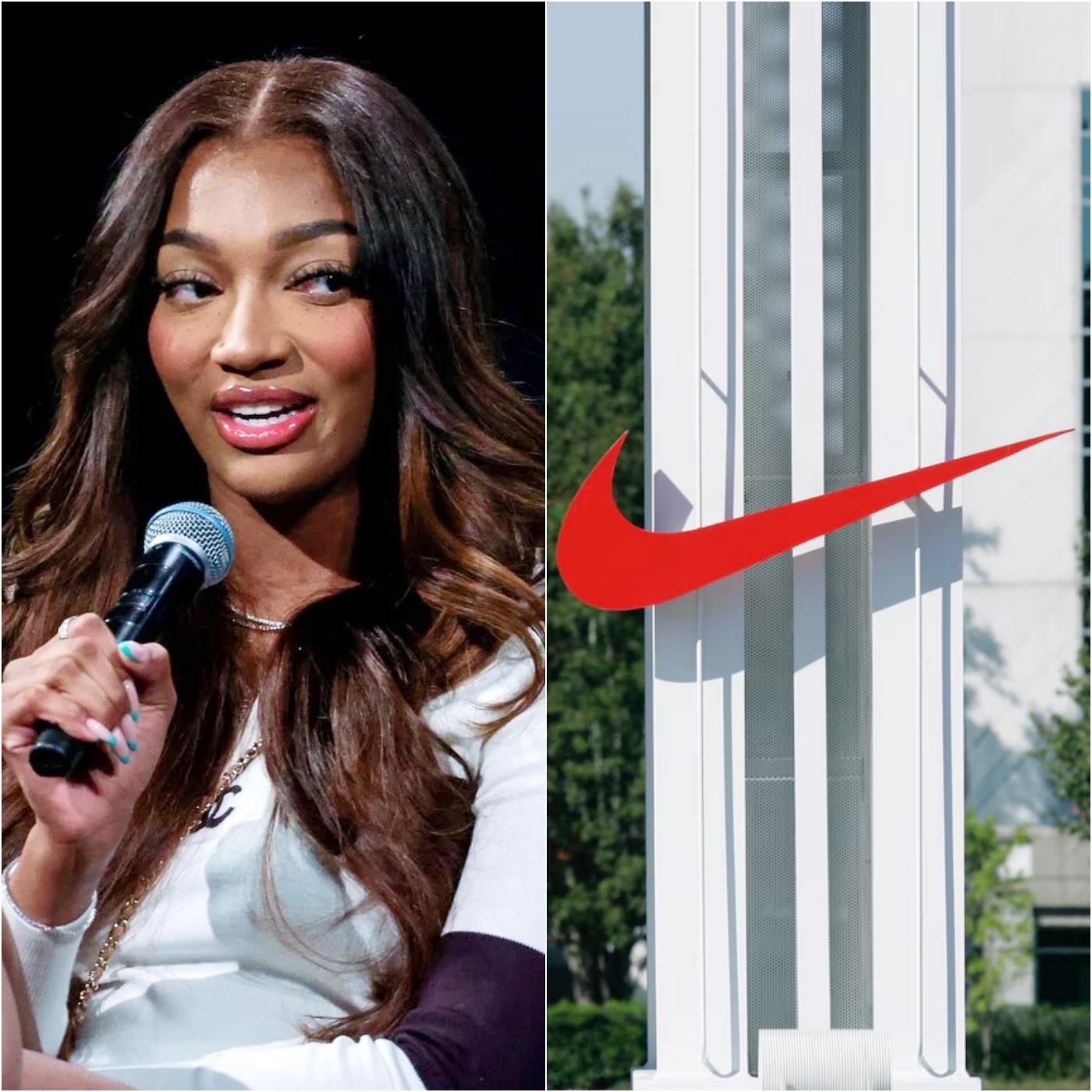In a move that has sent shockwaves through the sports and marketing worlds, WNBA star Angel Reese has reportedly turned down a staggering $3 million sponsorship deal from Nike, one of the most iconic brands in athletics. The Chicago Sky forward, known for her fierce presence on the court and unapologetic personality off it, made headlines with her candid reasoning: “I’d rather lose money than save a woke brand.” This statement, shared in a recent social media post, has ignited a firestorm of reactions, from fervent support to sharp criticism. As the sports community dissects her decision, the underlying message Reese is sending and the broader implications for athletes, brands, and cultural dynamics are coming into focus.

Reese’s decision to reject Nike’s offer comes at a pivotal moment in her career. As a rookie in the WNBA, she has already established herself as a force, averaging 13.6 points and a league-leading 13.1 rebounds per game in her debut season with the Chicago Sky. Her on-court prowess, combined with her vibrant personality and fashion-forward style, has made her a magnet for endorsement deals. In October 2023, Reese signed a multi-year endorsement deal with Reebok, a decision she has consistently defended as aligning with her values and vision. In a resurfaced video shared on X, Reese explained why she chose Reebok over other brands, including Nike: “I could have signed easily with Nike. I could’ve signed with Jordan. But everybody’s doing that. I don’t like doing what everybody does. I like to do the complete opposite. I’m bringing Reebok back.”
This bold stance underscores Reese’s desire to carve her own path in an industry often dominated by conformity. By choosing Reebok, a brand that had not previously had a prominent female basketball player as its face, Reese positioned herself as a trailblazer. She highlighted her relationship with NBA legend Shaquille O’Neal, a strategic partner at Reebok, as a key factor in her decision, along with the brand’s willingness to give her creative control over her signature shoe line, set to release in 2026. “Reebok and Angel are growing together every day, and our visions for the future are aligned,” said Jide Osifeso, Reebok’s head of basketball, emphasizing the partnership’s mutual commitment to innovation and individuality.

However, it’s Reese’s pointed rejection of Nike and her provocative statement about not wanting to “save a woke brand” that has captured the most attention. The phrase, first reported in a post on Threads, has sparked intense debate about what Reese meant and why she chose such charged language. For some, her words reflect a rejection of corporate overreach and a desire to align with brands that prioritize authenticity over mainstream appeal. Others see it as a risky move that could alienate potential partners and fans in an industry where sponsorships are critical for financial success. Reese’s statement has also reignited discussions about the role of “woke” marketing in sports, a term often used to describe brands’ efforts to align with progressive social causes.
The context of Reese’s decision is further complicated by her rivalry with fellow WNBA star Caitlin Clark, who signed an eight-year, $28 million endorsement deal with Nike in April 2024, the most lucrative shoe deal in women’s basketball history. Clark’s deal includes a signature shoe, though no release date has been announced, prompting criticism from her fans who feel Nike has been slow to capitalize on her popularity. The placement of a Nike billboard featuring Clark in Chicago, just 3.5 miles from Reese’s home arena, added fuel to the fire, with some interpreting it as a subtle jab at Reese. “I think it’s really just the fans,” Reese said on her podcast, Unapologetically Angel, addressing the tension between her and Clark’s supporters. “They ride for her, and I respect that, respectfully. But sometimes it’s very disrespectful. I think there’s a lot of racism when it comes to it.”
Reese’s rejection of Nike also raises questions about the broader dynamics of endorsement deals in women’s sports. With only six active WNBA players currently holding signature shoe deals, the market is highly competitive, and brands like Nike dominate by signing top talents like Clark, A’ja Wilson, and Sabrina Ionescu. Reese’s decision to align with Reebok, a brand that has been less prominent in basketball, reflects her willingness to take risks to stand out. “Shaq told me I was going to be the face of Reebok, and I continue to be that,” Reese said, signaling her confidence in her choice. Her partnership with Reebok has already borne fruit, with the upcoming release of the Angel Reese 1 shoe on September 18, 2025, available in three colorways: Mebounds, Receipts Ready, and Diamond Dust.
Behind the scenes, Nike’s response to Reese’s rejection remains unclear, as the company has not issued a public statement addressing her comments. However, the sports giant is no stranger to controversy, having faced backlash from fans over its handling of Clark’s deal and its broader marketing strategies. Some industry insiders speculate that Nike may double down on its existing partnerships, focusing on athletes like Clark who align with its global brand image. Others suggest that Reese’s comments could prompt Nike to reassess its approach to signing diverse talent, especially in light of ongoing conversations about race and representation in sports marketing.
The ripple effects of Reese’s decision are already evident. Social media platforms, particularly X, have been abuzz with reactions, ranging from praise for her boldness to skepticism about her motives. “Angel Reese should absolutely pop her sh*t bc she IS the franchise,” wrote one X user, highlighting her value to the Chicago Sky and the WNBA. Others, however, have questioned whether her stance could hurt her long-term prospects, with one fan noting, “She is shooting 30% from the field shooting nothing but layups lmao yall gonna lose on this investment.” Despite the criticism, Reese remains unfazed, using her platform to advocate for better pay and resources for WNBA players. “I’m hearing if they don’t give us what we want, we sitting out,” she said on her podcast, clarifying that her comments were not a call for a boycott but a reflection of the league’s ongoing labor negotiations.

As the debate continues, Reese’s decision to reject Nike underscores a broader shift in the sports world, where athletes are increasingly prioritizing authenticity and control over their personal brands. Her choice to partner with Reebok, coupled with her outspoken critique of “woke” branding, positions her as a polarizing yet influential figure. Whether her gamble pays off remains to be seen, but one thing is certain: Angel Reese is not afraid to challenge the status quo. Her journey with Reebok, her upcoming signature shoe, and her unapologetic voice are setting the stage for a new era in women’s basketball—one where individuality and conviction take center stage.